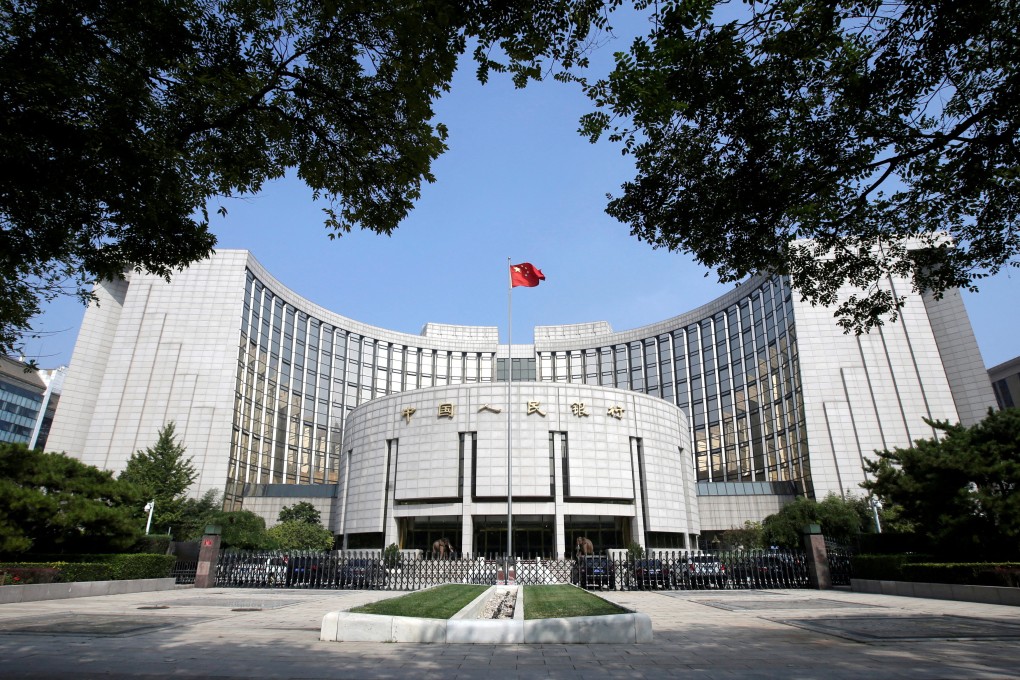Central bankers say mBridge multi-country digital currency platform is worth the effort
‘We must reduce new cross-border payment frictions while removing existing ones,’ says PBOC deputy governor

Participants in mBridge, a multi-central bank digital currency (CBDC) platform, will need to trust each other and have respect for the legal frameworks of their partners if they want their cross-border payment tool to be successful, according to the deputy governor of China’s central bank.
“We must reduce new cross-border payment frictions while removing existing ones, and we must avoid creating new barriers while reducing existing market fragmentations,” Lu said. “Furthermore, we must also avoid introducing additional geopolitical and compliance costs while reducing existing cross-border payment costs.”
mBridge is a platform for cross-border payments and foreign exchange transactions and was created using central bank digital currencies and distributed ledger technology.
Lu said the mBridge project should tackle issues or services that are undersupplied by banks, including payments in cross-border e-commerce and remittance that can be complicated and are not wildly profitable. He said the project should “step up to address these urgent pain points as it is good for human well-being, and is particularly meaningful to facilitate cross-border trades”.